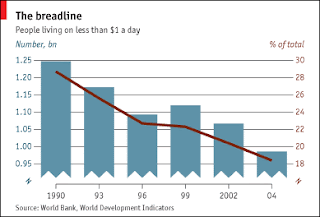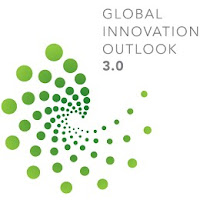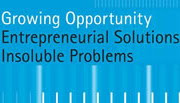 Do you want to make a difference? If the answer is "Yes but..." because you have no time to be an activist because of all your commitments, work, family, appointments, then Avaaz.org is for you!
Do you want to make a difference? If the answer is "Yes but..." because you have no time to be an activist because of all your commitments, work, family, appointments, then Avaaz.org is for you!"Avaaz.org is a community of global citizens who take action on the major issues facing the world today. The aim of Avaaz.org is to ensure that the views and values of the world’s people shape global decisions. Avaaz.org members act for a more just and peaceful world and a globalisation with a human face."
I have supported most of their latest campaigns... together we can make a difference! For example, Avaaz fought to sack Paul Wolfowitz (done), to close Guantanamo etc. Now the heat is on to make climate change top of the agenda of the G8.
Take action and sign the Avaaz petition now: www.avaaz.org



